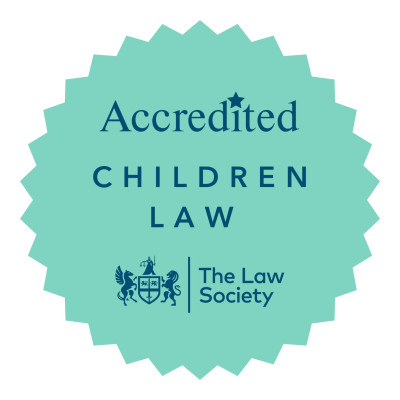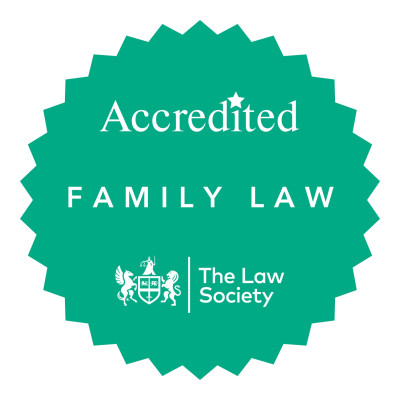CLOSE SEARCH

Taylor Rose are one of the UK's fastest growing law firms, with family law solicitors in locations around England & Wales. We have the experience you need to deal with child custody, access or contact issues.
The starting point adopted by the courts is that it is generally in a child's best interests to maintain relations with both parents. Going to a full court hearing is often not the best option.
With divorce or separation, sorting out what's best for children can be tense and emotional. We will help you find the right way forward, applying to court if needed for a child arrangements order or, where necessary, applying to vary an existing child arrangements order or enforce compliance.
We advise and assist on issues, including:
Seeking to negotiate an agreement about custody and contact by consent and where agreement is reached, drafting a suitable formal and enforceable agreement.
If you cannot agree on custody, preparing your case for the court to decide
Where an application to court is needed to vary or enforce a child arrangement order
A specific issue application, for example for an extended trip abroad with only one parent or where you cannot agree with your ex-spouse about issues, such as schooling
To learn more about child arrangements or to talk through your situation, please get in touch.
Advised a father in successfully appealing mother’s application to relocate with the child overseas. We argued that the mother’s plan to relocate was not well thought through, there were shortcomings in the practical plan, and the move would detrimentally impact the child’s emotional and educational welfare.
Assisted a mother in successfully arguing that contact between the child and his father should be on a supervised basis long-term, with a view to safeguarding concerns being reassessed at such future point if unsupervised contact was pursued by the father. This to be considered only once the father had undertaken significant therapeutic work, and it could be demonstrated that a safe parent-child relationship could take place.
Assisted a father who was being prevented from seeing his child. We raised significant issues relating to parental alienation. We were able to assist the father in securing a Court Order providing him with regular and unfettered contact with his child.



-400.jpg)
Telephone -
9am to 5pm

Partner - Family law
Gemma has been working in family law since 2006 and qualified as a Solicitor in 2011. She was made Partner with Taylor Rose in December 2022.Gemma advises on and is experienced in all areas of family law. She has acted in a number of high net wo......We also have a number of specialist consultants who may not be featured below. Use the search function below if you want to find all lawyers for this legal service.
Call our team or fill out the form below and we will get back to you as soon as possible.
Telephone opening hours -
9am to 5pm